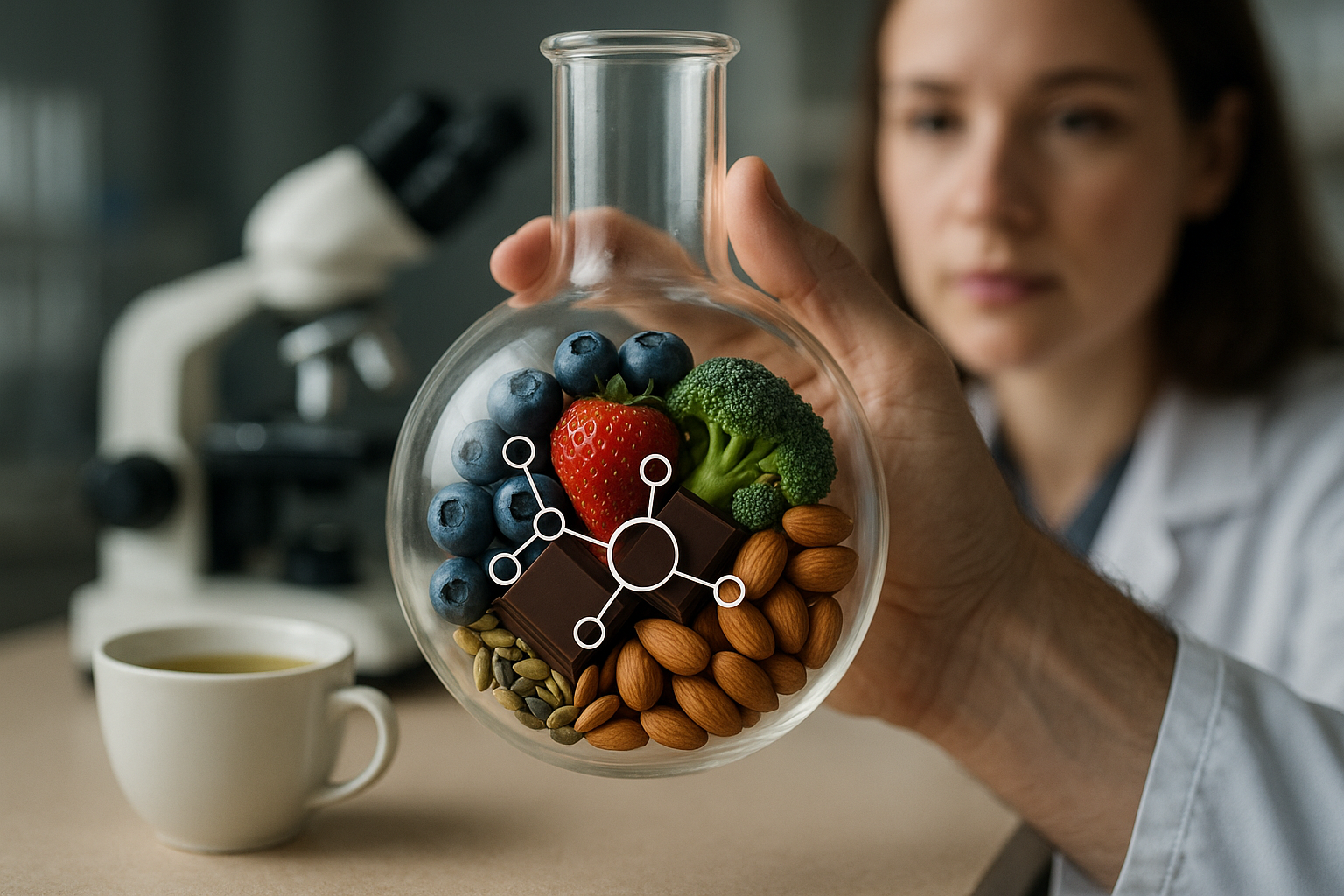Unraveling the Protective Power of Antioxidants: A Comprehensive Guide
You've probably heard the term "antioxidants" thrown around in health and wellness circles. But what exactly are these elusive molecules, and why are they so crucial for our wellbeing? This article will delve deep into the world of antioxidants, exploring their origins, their role in our bodies, and the latest scientific findings on their health benefits.

The Birth of an Antioxidant: A Historical Perspective
The concept of antioxidants didn’t emerge overnight. It was a culmination of centuries of scientific exploration and discovery. The term antioxidant was first used in the early 19th century to refer to substances that prevent the oxidation process. This line of research gained traction in the mid-20th century when scientists began to link oxidative stress to aging and disease. Today, antioxidants are recognized as a vital part of our biological defense system, protecting our cells from harm and promoting overall health.
Antioxidants in the Limelight: Modern Health Trends and Insights
The health and wellness community has embraced antioxidants with open arms, and for good reason. Scientific studies have demonstrated that a diet rich in antioxidants can help ward off a variety of health issues, from cardiovascular disease to certain types of cancer. But it’s not just about disease prevention—antioxidants also play a significant role in improving skin health, boosting cognitive function, and enhancing athletic performance.
The Antioxidant Advantage: Benefits, Challenges, and Scientific Credibility
Antioxidants offer a plethora of health benefits. They neutralize harmful molecules known as free radicals, which can cause cellular damage if left unchecked. This protective function is backed by a wealth of scientific evidence, making antioxidants a legitimate and effective approach to health maintenance.
However, there are challenges associated with antioxidant use. For example, the body’s absorption and utilization of dietary antioxidants can vary, and in some cases, high doses of specific antioxidants can have harmful effects. Therefore, a balanced and varied diet is the key to reaping the benefits of antioxidants.
Shining the Spotlight on Antioxidant-Rich Foods
While antioxidant supplements are available, the best way to ensure you’re getting a good mix of these protective compounds is through a balanced diet. Here are some foods renowned for their high antioxidant content:
-
Berries: Blueberries, strawberries, and raspberries are packed with antioxidants, including vitamin C and flavonoids.
-
Dark chocolate: Rich in flavonoids and other antioxidants, dark chocolate also provides essential minerals like iron and magnesium.
-
Nuts and seeds: Almonds, walnuts, flaxseeds, and chia seeds are excellent sources of vitamin E, an important antioxidant.
-
Green tea: This beverage is loaded with antioxidants known as catechins, which have been linked to numerous health benefits.
Remember, variety is key. Incorporating a wide range of antioxidant-rich foods into your diet will ensure you’re benefiting from a broad spectrum of these protective compounds.
Quick Antioxidant Facts
-
Antioxidants neutralize harmful free radicals in the body.
-
A balanced diet is the best way to get a mix of antioxidants.
-
Overconsumption of certain antioxidant supplements can have negative effects.
In conclusion, antioxidants are a powerful ally in our quest for health and wellbeing. They protect our cells from damage, enhance our physical performance, and even help ward off disease. By understanding the science behind antioxidants and incorporating antioxidant-rich foods into our diet, we can harness their protective power and pave the way for a healthier, more vibrant life.




